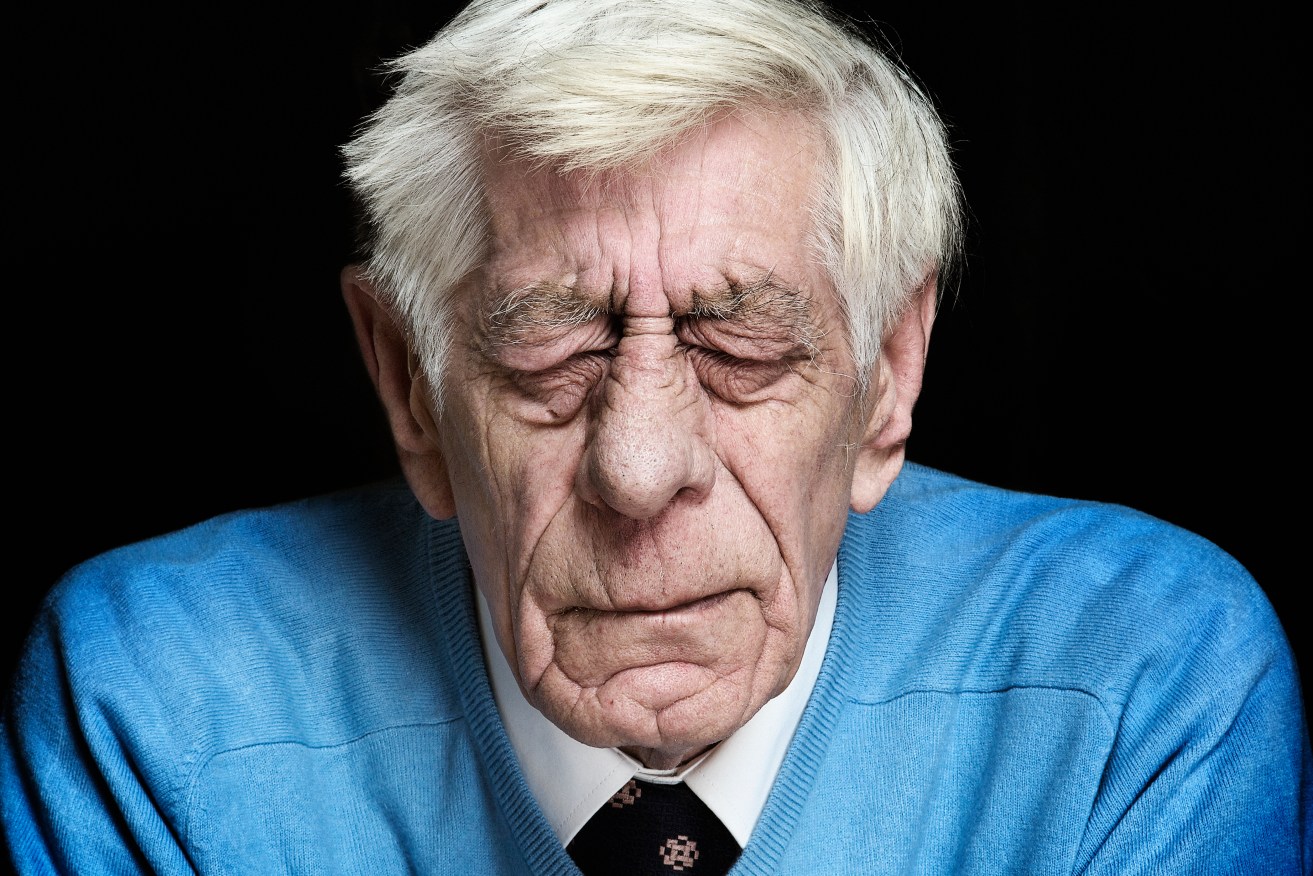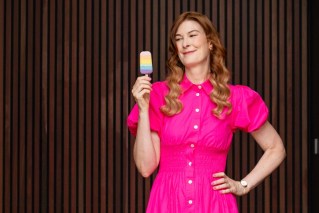Older people sleeping five hours or less at risk of chronic diseases


Poor sleep leaves older people feeling ... old. And leads to more multiple chronic illness. Photo: Getty
Older people who sleep five hours or less a night have a much greater risk of developing multiple chronic diseases as they age.
It’s not news that poor or insufficient sleep can promote diseases such as multiple sclerosis, heart disease and cancer.
It’s also known that insufficient sleep as we age is especially problematic. A 2015 study found that just a single night of insufficient sleep can make an older adults’ cells age quicker.
This accelerated ageing is linked to an increased likelihood of developing a chronic illness.
A new study, from the Université Paris Cité, has found that people aged 50 and over who get insufficient sleep are prone to developing multiple illnesses.
The new study
The researchers involved 7864 healthy participants who were part of a cohort study established in 1985.
Over 25 years, the participants self-reported their sleep duration at age 50, 60 and 70. As the participants aged, their health was tracked.
Those who slept five hours or less were found to have had a 30 per cent greater risk of multi-morbidity (multiple illnesses) compared with those who slept seven hours.
Multi-morbidity was defined as having two of 13 nominated diseases: Diabetes, cancer, coronary heart disease, stroke, heart failure, chronic obstructive pulmonary disease, chronic kidney disease, liver disease,
depression, dementia, mental disorders, Parkinson’s disease, and arthritis/rheumatoid arthritis.
At 60, those who slept five hours or less had a 32 per cent greater risk.
At 70, they had a 40 per cent greater risk compared with seven hours per night.
Shorter sleep at age 50 was also associated with a 25 per cent higher risk of dying, which was mainly associated with the increased risk of chronic disease.
At age 60 and 70, sleeping longer than nine hours or more was associated with higher rates of multiple chronic diseases, but there were only 122 participants who slept this long, and their longer sleep could be attributed to the chronic diseases themselves.
One of the study’s limitations is that self-reported data isn’t always reliable.
The myth that older people need less sleep
Because ageing people suffer frequent bouts of wakefulness, and more visits to the bathroom, there’s an idea that we need less sleep as we age.
In fact, when we’re older we need the minimum seven hours that younger adults require.
The problem is we tend to lose the deep restorative sleep that supports good health.

As we age we get less of the restorative sleep we need. Photo: Getty
In 2017, Matthew Walker, a UC Berkeley professor of psychology and neuroscience, co-authored an article in the journal Neuro that described how the ageing brain has trouble generating the kind of slow brain waves that promote deep curative sleep, as well as the neurochemicals that help us switch stably from sleep to wakefulness.
“Nearly every disease killing us in later life has a causal link to lack of sleep,” Professor Walker said.
“We’ve done a good job of extending life span, but a poor job of extending our health span. We now see sleep, and improving sleep, as a new pathway for helping remedy that.”
More about the ageing brain and sleep
In a Berkely explainer, Professor Walker and colleagues described how ageing typically brings on a decline in deep non-rapid eye movement (NREM) or “slow wave sleep”, and the characteristic brain waves associated with it, including both slow waves and faster bursts of brain waves known as ‘sleep spindles’.
Youthful, healthy slow waves and spindles help transfer memories and information from the hippocampus, which provides the brain’s short-term storage, to the prefrontal cortex, which consolidates the information, acting as the brain’s long-term storage.
“Sadly, both these types of sleep brain waves diminish markedly as we grow old, and we are now discovering that this sleep decline is related to memory decline in later life,” said Joseph Winer, then a doctoral student in Professor Walker’s lab.
So what’s the answer?
Not sleeping pills.
“Don’t be fooled into thinking sedation is real sleep. It’s not,” Professor Walker said.
He noted that non-pharmaceutical interventions are being explored to boost the quality of sleep, such as electrical stimulation to amplify brain waves during sleep and acoustic tones that act like a metronome to slow brain rhythms.
These don’t sound particularly user friendly. But that might change once these methods are proved to work: Technology seems to adapt itself to a big market.
Meanwhile, there’s exercise during the day, avoiding stimulants and keeping a healthy sleep routine.
There is some good news: Not everyone is vulnerable to sleep changes in later life.
Some people sleep better than others as they get older, and that’s another line of research the Berkeley crew is exploring.








